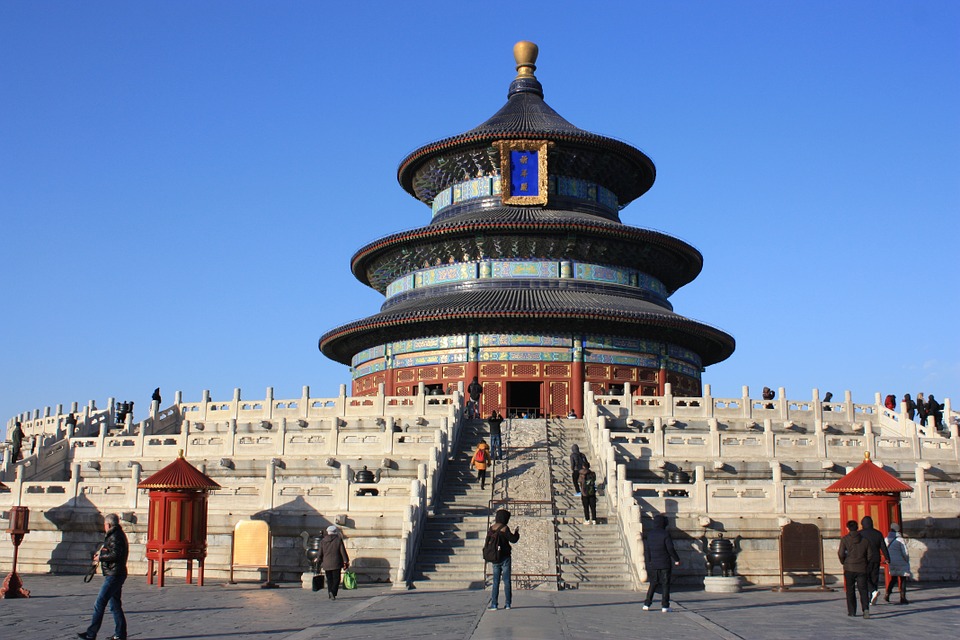Tiananmen, Deng’s terror Those guys make us arrest

HONG KONG – “After a long reflection I came to the conclusion that we must send the Chinese People’s Army to the streets of Beijing and declare martial law. A small minority is exploiting the students. It wants to confuse the people and throw the country into chaos. It is a well-organized plan whose real goal is the expulsion of the Chinese Communist Party. Anarchy is getting worse by the day. If this continues, we could end up under house arrest. ” These dramatic and painful words, which shed new light on the Tiananmen Square massacre, would have been pronounced by the late Chinese leader Deng Xiaoping shortly before the tanks suffocated in blood in the streets of Beijing the only attempt at democratic revolt in recent decades in China . This is what a document from China claims, partially published yesterday by the American magazine Foreign Affair in its latest issue, which risks creating a real political earthquake in Beijing. At the heart of The Tiananmen papers: the decision by the Chinese leadership to use force against their own people – this is the title given to the collection of materials – the initiative of a Chinese public official. He claims to have secretly brought a series of papers out of China: transcripts of secret meetings held at a high level, materials of Chinese secret services and recordings of telephone calls made by Deng himself. The man, who calls himself a pseudonym, Zhang Liang, has long been interviewed by Andrew Nathan, a professor of political science at Columbia University and Perry Link, a professor of Chinese language and literature. Zhang Liang transcribed these materials on computer disks that he later managed to take out of China. “The documents analyzed by us – said Professor Link – are consistent with the different information already available outside China. I have practically no doubt about their authenticity. From them it is clear how much for years it has been insistently whispered in political circles Chinese, namely that Deng Xiaopoing ordered the suppression of the demonstrations for Tiananmen Square democracy in June 1989 out of fear, fear that the demonstrators could overthrow his regime “. “One of the things I learned from these papers is that the management was much more frightened than we could have suspected,” says Link, who witnessed the events on Tiananmen Square: “They had a sincere fear of being arrested”. Deng, two days after the violent repression, defended his decision at a meeting of the Communist Party’s Politburo. “If we had not been stopped in front of the counter-revolutionary revolts, if we had not been so hard, who could know what would have happened? The popular army has suffered a great deal and we owe it very much. If the plans of those pushing people had gone ahead we would have found ourselves in the middle of a civil war, “said the former leader. And again: “We must set the necessary punishments, at various levels, for the handful of ambitious people who are trying to overthrow the People’s Republic”. And while no official reaction has come from Beijing all day yesterday, many in China believe that the moment when these documents are made public is not accidental. In the coming year in fact important changes are expected in the Chinese leadership and the reformers will try to use every means, even these “dirty clothes” of the past, to influence the choice of the next president within the Communist Party.


